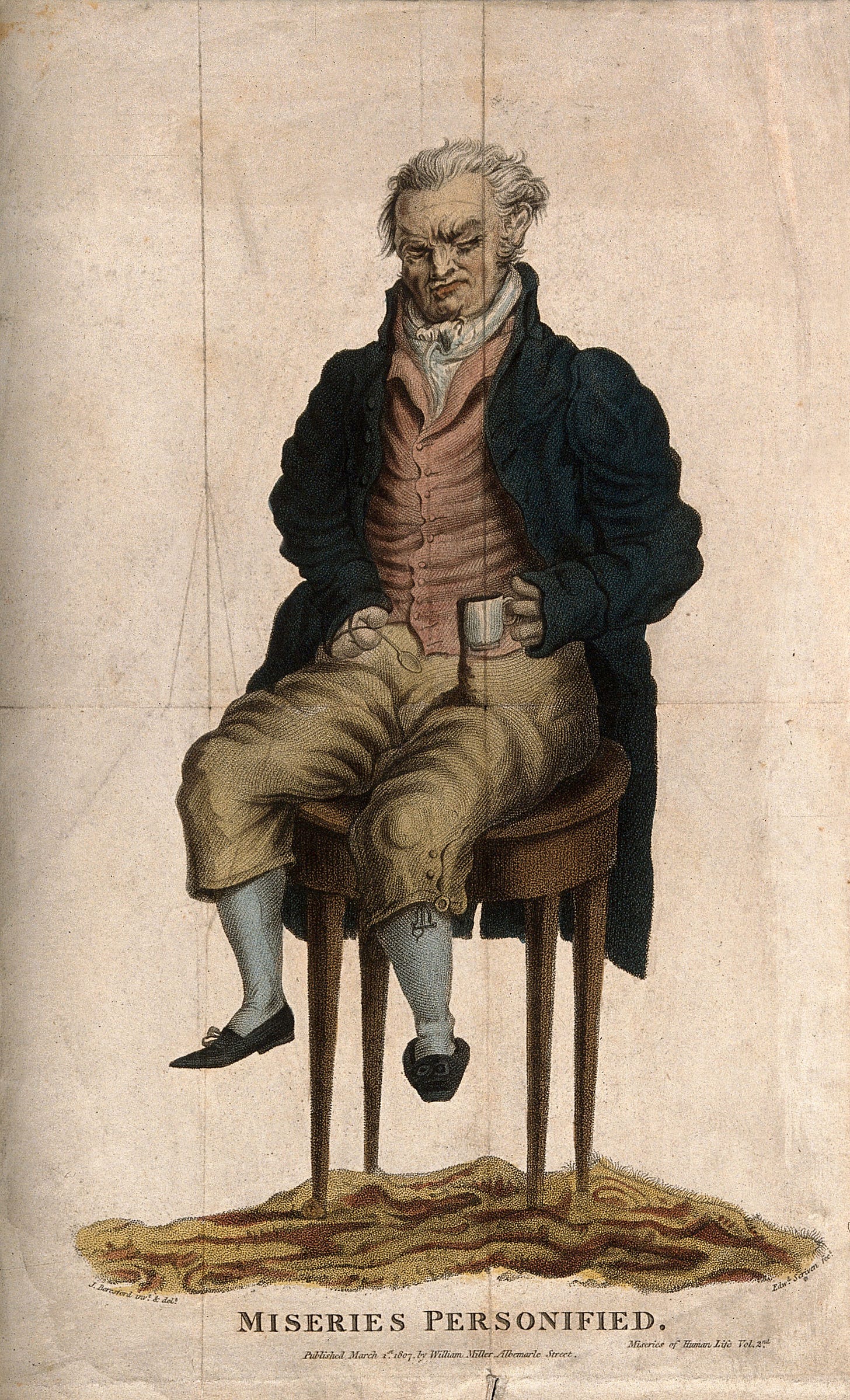Grenadier Rudolf Koch
A typographer in the trenches
“These are my boots. I wore them when I was 40 years old, while serving as a grenadier — in the sand of the Marque river, on the country roads of Serbia, in the assault on Dead Man’s Hill near Verdun, in the field hospital, and at home. I wore them again in the Champagne region and near Rheims during the heaving fighting in front of Brimont, where they were wrecked by a French grenade on 2 May 1917.”
Rudolf Koch, Soldier’s Boots, woodcut (1919)
The German typographer Rudolf Koch (1876–1934) spent much of his career creating blackletter Fraktur scripts, but in the English-speaking world he is probably best known for his Kabel and Neuland typefaces. They are still popular today. In fact, Daniel ➽ Letterpress Designer of the Hoosier Type Co. mentioned the former in a Substack note just a few days ago.
After a false start as a book illustrator and cover designer, Koch began working at the Rudhard’sche (later Klingspor) type foundry in Offenbach in 1906. He was also an instructor at the city’s Hochschule für Gestaltung. After the war he established a community workshop, where he and several assistants taught handicrafts such as calligraphy and woodcut printing. The notes to the Printing and the Mind of Man exhibition that was held in London in 1963 suggest that Koch “enjoyed a reputation in Germany similar to that of Eric Gill in England”, which I think is a fair assessment. Koch was heavily influenced by the British Arts and Crafts movement, and once said that he felt such an affinity for William Morris that he found it impossible to believe that Morris was not a German. Behold the pinnacle of Teutonic praise.
During the First War Koch signed up as an enlisted man and served from 1915 to 1917; he was 40 years old, and it was tough going for him physically and socially. His wartime memoir, Die Kriegserlebnisse des Grenadiers Rudolf Koch, is a straightforward and often harrowing account of life on the march and in the trenches.
I have described this part of my life for my children and grandchildren because it seemed important enough to write down; as commonplace as the events may be for those who served in the war, they may still be of interest to my descendants. I sincerely hope that that they will be spared from such bitter and difficult times. I also feel compelled to tell them that I did my duty honourably, and that I am both proud and pleased to have done so.
— Rudolf Koch in the introduction to his memoir
The book was published in Leipzig by the Insel Verlag in 1934 (Koch died that same year), and it is set in a Fraktur typeface that the author designed himself. It has never been translated into English, so I’ve decided to take on the job. I am about half way through, and will be sharing excerpts on this blog over the next few months.
If you know of anyone who is interested in typography or the Great War (I’m not sure how far these two circles would overlap on a Venn diagram), please let them know that they can follow along here.
A Word About Shipping, Tariffs, and Future Projects
When Patrick Kurp interviewed me for the New Criterion a while ago, I mentioned that I was translating Marius Vachon’s 1899 biography of the French academic painter William-Adolphe Bouguereau (1825–1905). I’ve posted a few excerpts and regular readers might be wondering when, if ever, it will be published.
Damned if I know!
The new US tariffs have me scratching my head about where to print and how to distribute. I had been planning something a little higher end for Bouguereau (a limited edition with sewn bindings and thick art paper) but if I print it in China as I had originally intended, I believe that anyone who buys a copy from the States will be dinged with a 27.5% tariff.1
And it’s not just Chinese-made books that are posing problems: I’ve been forced to suspend sales of all paper books to the US yet again. One of the shipping companies I use recently warned that if Customs and Border Protection finds just one package on their vehicle that has been misdeclared or contains obscure country of origin information, the entire truck will be denied entry and sent back to Canada. Cue the emails from angry customers and reversed credit card charges.2
Throw in the never-ending Canada Post labour dispute, and I wonder if the Obolus Press will have to switch to producing nothing but e-books…
In any case, I’ve set Bouguereau to one side and am now translating Koch’s memoir. I’ll reconsider things in a few months’ time.

If you would like to support me as I ferry neglected artists and authors into English and back into print, I welcome small, one-off donations via PayPal.
One wonders how art publishers like Benedikt Taschen will manage when his US inventory runs out; I believe he prints quite a few of his titles in China.
I wish to emphasize that the decision to stop sending paper books south of the border is not animated by the childish anti-American rage (“Elbows up!”) that has so many Canadians in its grip. I’d love to sell books to people in the United States, but for the moment shipping them is a logistical nightmare. I hope systems improve eventually.
I hasten to add that Americans can continue to buy e-books from ebooks.oboluspress.com




I’d love to read this one.
beautiful illustration and fine typography, the only Great War memoir I've read from the German side is Jünger's Storm of Steel.